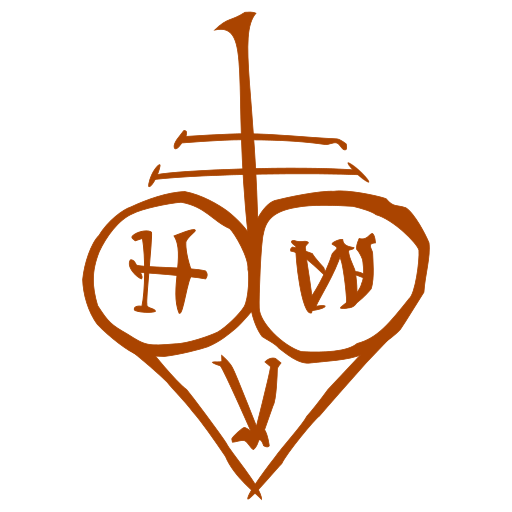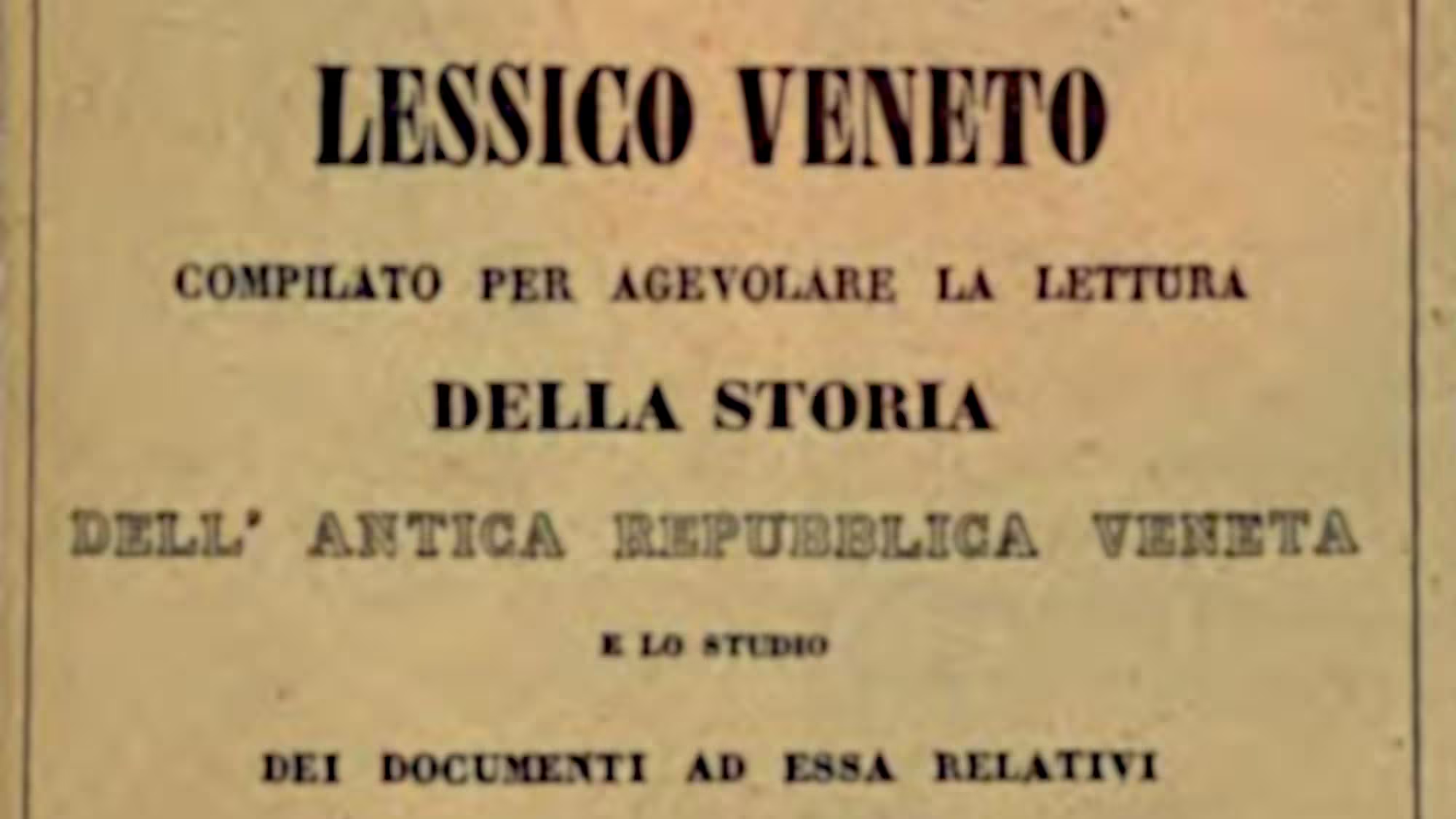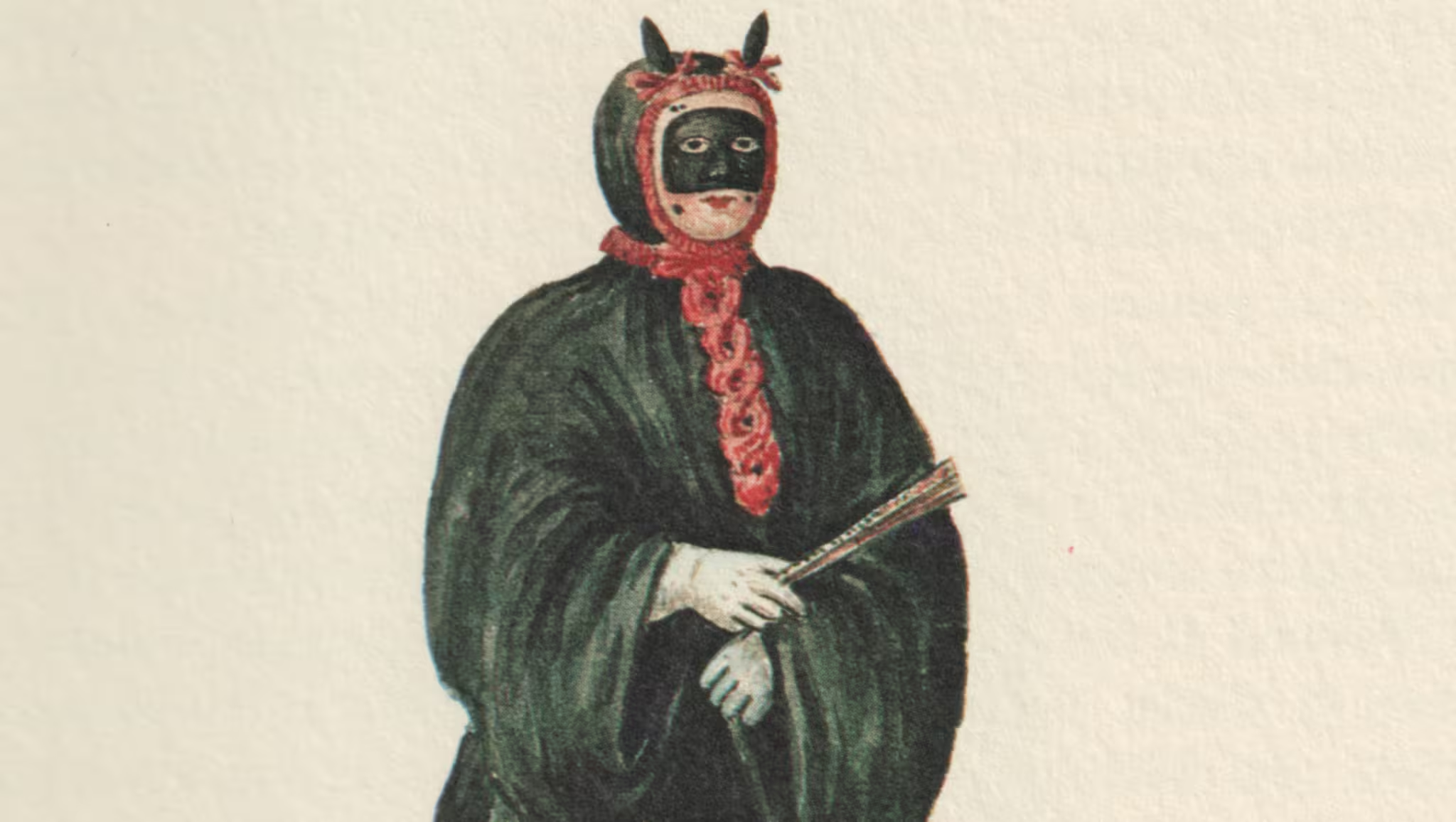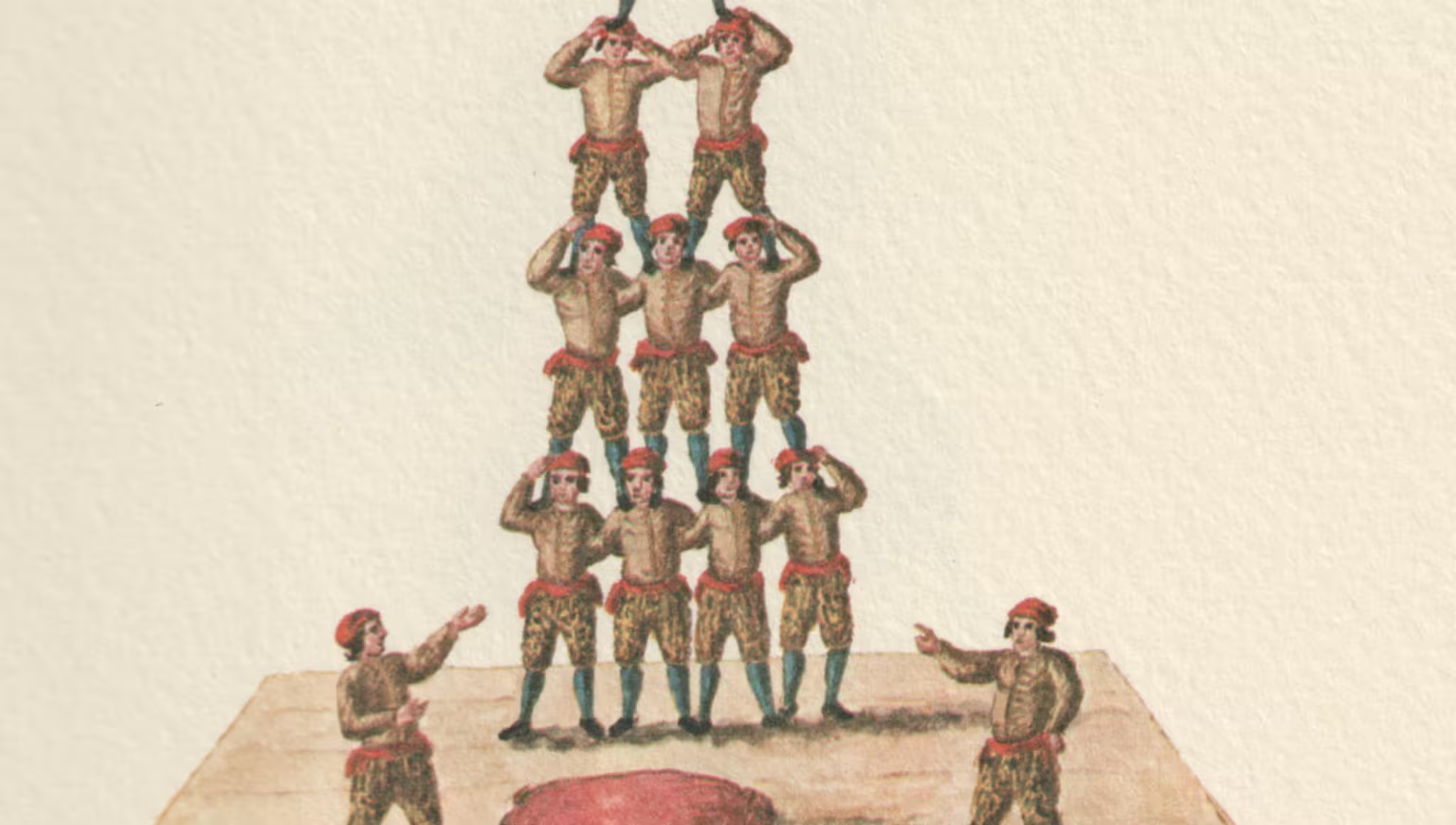Quarantia
The Lessico Veneto (Venetian Vocabulary) by Fabio Mutinelli was published in 1851. It is an invaluable tool for anybody who reads texts from the time of the Republic of Venice.
Fabio Mutinelli (1797-1876) was director of the I. R. Archivio Generale di Venezia (1847-1861), and a prolific writer on the history of Venice.
QUARANTIA. With this name were known the three Colleges established for the decision of both civil and criminal cases and were so called because each of them was composed of forty judges, therefore they were also called Councils of XL: Criminal, Old Civil and New Civil. As a very ancient institution,1 the Criminal Quarantia had, in the most remote times, a large part in political and state affairs, in the public economy, in finances but with the formation of the Senate it was left with only judgments on purely criminal subjects, which however did not belong to the Council of Ten.2 In the fifteenth century,3 the Civil Quarantia originated to whom judgments in civil cases were delegated, assuming the name of Old Civil when, at the end of the same century, a third Quarantia was established,4 equally for the decision of civil disputes, which was therefore referred to as the New Civil; and it was then that it was established that the New Civil Quarantia5 should deal only with the disputes of the citizens6 of Venice and the Dogado, and that the New Civil Quarantia should judge those of the subjects of the mainland and of the other countries subject to the dominion of the republic. In support of these last two Quarantie and for the decision of disputes which referred to sums of slight importance, two Colleges were also established, sometimes composed of XXV,7 sometimes of XV8 judges.
Translator’s notes
- The probable date for the institution of the Quaratia is 1179. ↩︎
- The Consiglio dei Dieci claimed jurisdiction in all cases involving patricians, i.e., the aristocracy. ↩︎
- The Civil Quarantia was established in 1441. ↩︎
- The New Civil Quarantia was created in 1491. ↩︎
- This is almost certainly a mistake on behalf of Mutinelli. It probably should read Old Civil, not New Civil. ↩︎
- Citizens — Cittadini — meant legal citizens of Venice, who were not patrician. ↩︎
- Sometimes referred to as Consiglio dei XXV, or the Council of 25. ↩︎
- Likewise referred to as Consiglio dei XV, or the Council of 15. ↩︎
Original text
QUARANTIA. Con questo nome erano conosciuti i tre Collegii stabiliti per la decisione delle cause sì civili che criminali e furono così appellati per essere ciaschedun di essi composto di quaranta giudici, laonde chiamavansi eziandio Consigli di XL : al Criminal, al Civil vecchio e al Civil nuovo. Di antichissima instituzione la Quarantia criminale ebbe essa, nei più rimoti tempi, gran parte negli affari politici e di Stato, nella economia pubblica, nelle finanze ma colla formazione del senato non le rimasero che i giudizii in oggetti puramente criminali, che non fossero però di appartenenza del Consiglio dei Dieci. Nel decimoquinto secolo ebbe origine la Quarantia al civile cui furono demandati i giudizii in oggetti civili, assumendo il nome di Civil vecchio quando, alla fine del secolo stesso, si è instituita una terza Quarantia, parimente per la decisione delle controversie civili, che fu per ciò appellata al Civil nuovo; e fu allora che si è stabilito dover la Quarantia al Civil nuovo occuparsi soltanto delle liti dei cittadini di Venezia e del Dogado, dovere la Quarantia al Civil nuovo giudicar quelle dei sudditi della terraferma e degli altri paesi soggetti al dominio della repubblica. In sussidio di queste due ultime Quarantie e per la decisione di liti che si riferissero a somme di lieve importanza furono pure instituiti due Collegii or composti di XXV, or di XV giudici.
p. 332
Related articles
- State institutions of the Republic of Venice
- Consiglio dei Quaranta o Quarantia — ASV Indice
- Quarantia — Dizionario




Leave a Reply